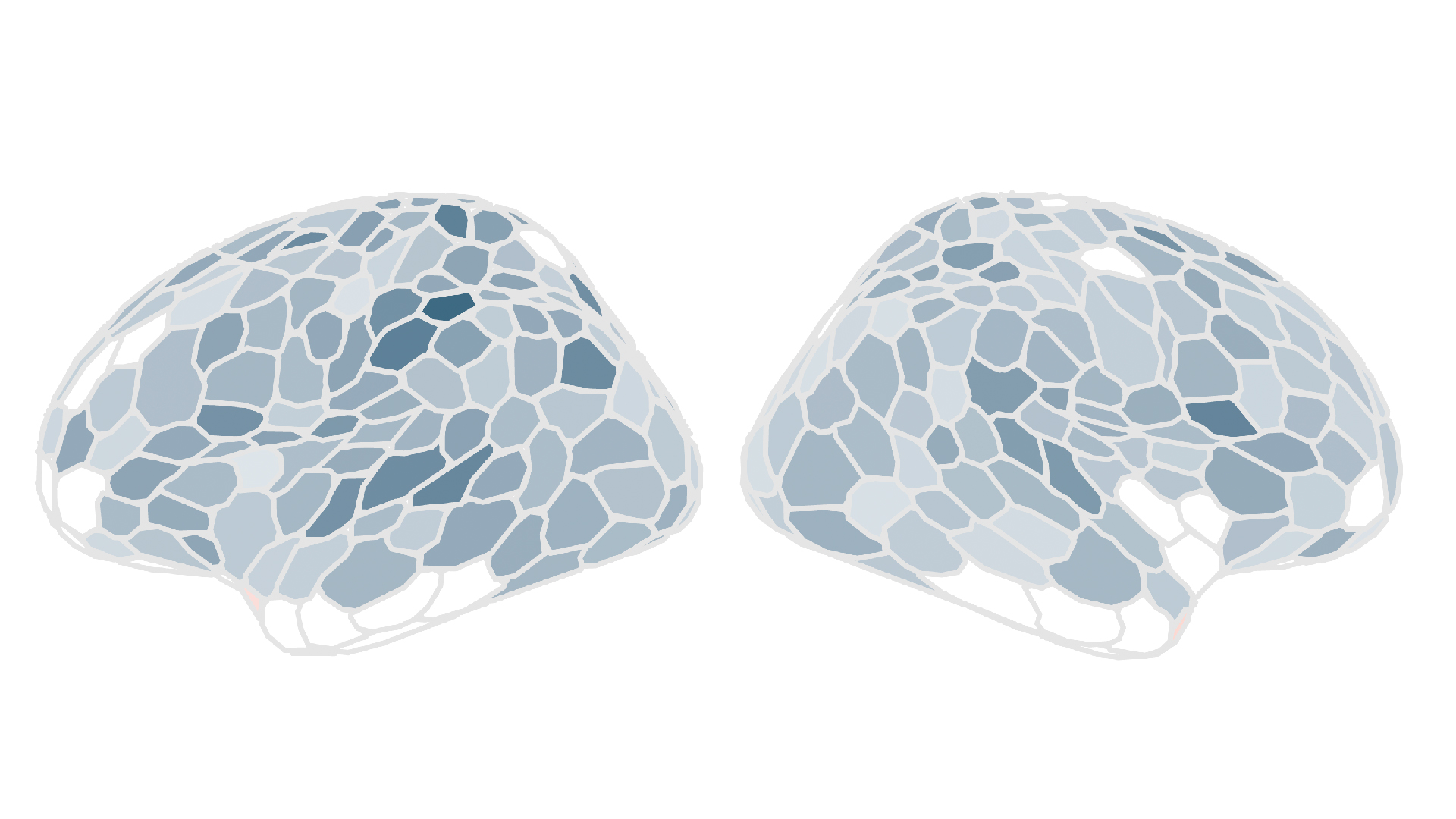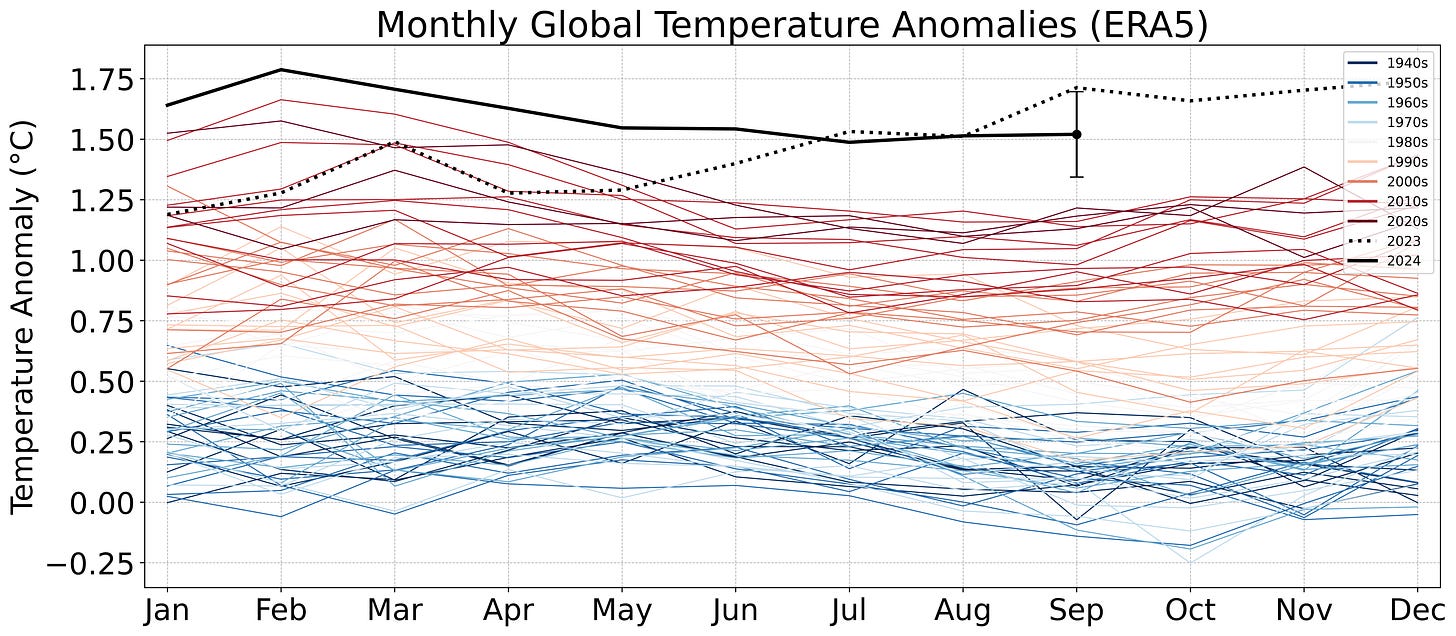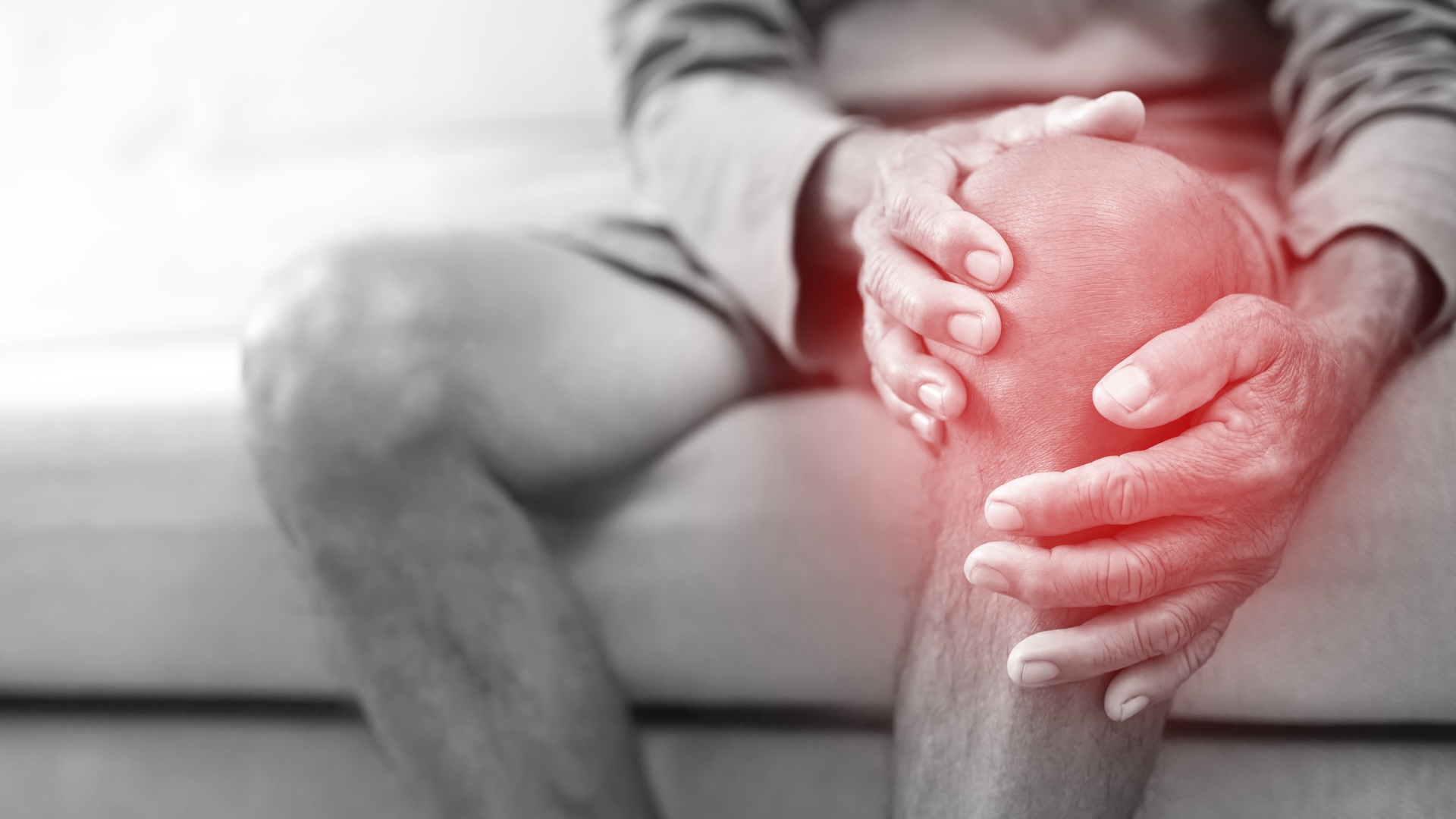Applied Sciences, Vol. 14, Pages 8001: Supervised Machine Learning to Predict Drilling Temperature of Bone
Applied Sciences doi: 10.3390/app14178001
Authors: Md Ashequl Islam Nur Saifullah Bin Kamarrudin Muhammad Farzik Ijaz Ruslizam Daud Khairul Salleh Basaruddin Abdulnasser Nabil Abdullah Hiroshi Takemura
Surgeons face a significant challenge due to the heat generated during drilling, as excessive temperatures at the bone–tool interface can lead to irreversible damage to the regenerative soft tissue and result in thermal osteonecrosis. While previous studies have explored the use of machine learning to predict the temperature rise during bone drilling, this in vitro study introduces a comprehensive approach by combining the Response Surface Methodology (RSM) with advanced machine learning techniques. The main objective lies in the comprehensive evaluation and comparison of support vector machine (SVM) and random forest (RF) models specifically for the optimization of the bone drilling parameters to prevent thermal bone necrosis. A total of 27 experiments were conducted using a multi-level factorial method, with analysis performed via the Minitab software version 19.1. Performance metrics such as the mean squared error (MSE), mean absolute percentage error (MAPE), and coefficient of determination (R2) were used to assess model accuracy. The RF model emerged as the most effective, with R2 values of 94.2% for testing and 97.3% for training data, significantly outperforming other models in predicting temperature fluctuations. This study demonstrates the superior predictive capabilities of the RF model and offers a robust framework for the optimization of surgical procedures to mitigate the risk of thermal damage.

 1 week ago
31
1 week ago
31


